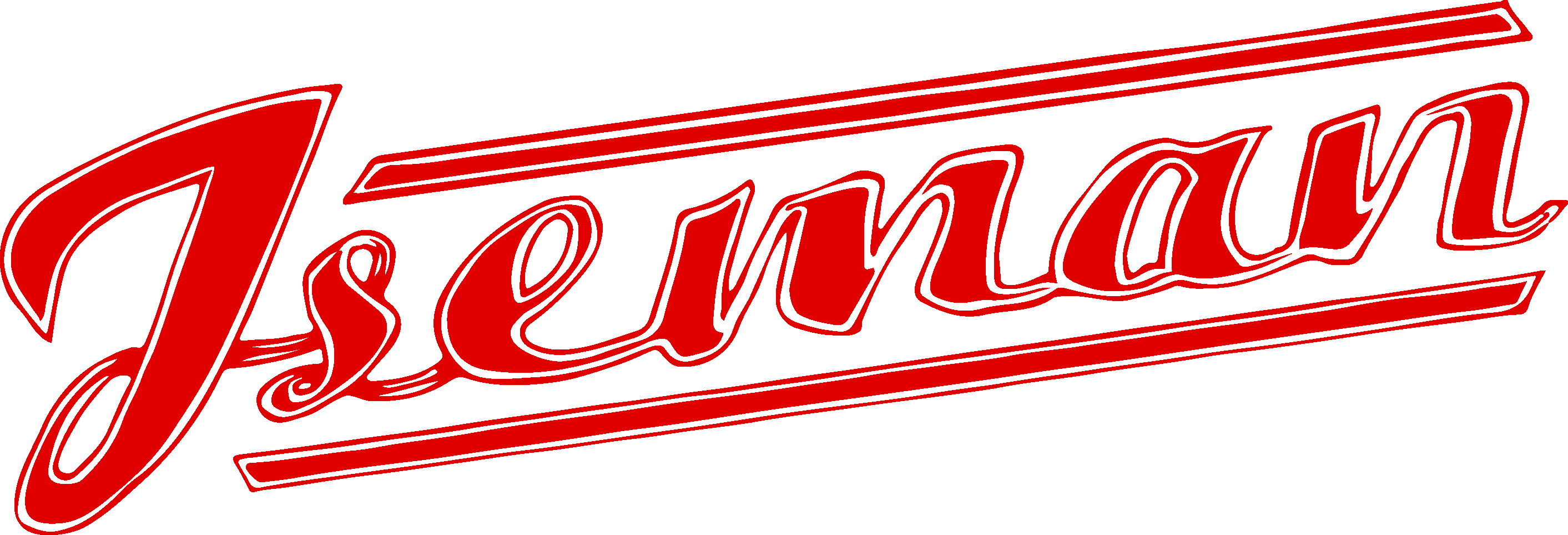Full Circle
In a moment of pure inspiration, the idea came to local guitar craftsmen Mark Iseman and Matthew Nigro of Oahu-based Iseman Guitars. Creating hand-made Weissenborn-style lap steel guitars in native Koa wood, would be a fitting way to bring to completion a circle of sorts. For it was here on Oahu, in the islands of Hawaii, against the brilliant blue backdrop of a near hemisphere of water, that the first tropical, bluesy sounds of the lap steel guitar were born. Born of resonant wood and loose steel strings and smooth iron bars gripped in weathered hands. Born of an island’s spirit, made into song by the grace of the original Hawaiian innovators.
On a visit to the islands in the early 1900’s, famed Los Angeles luthier Hermann Weissenborn first saw Hawaiian guitarists laying their instruments across their laps and sliding steel bars over the strings to create the signature twang that has been embraced by many of the world’s most accomplished guitarists, such as Ben Harper, Ron Wood of the Rolling Stones, and Pink Floyd’s David Gilmour (whom Iseman confesses is one of his favorites). Weissenborn created the Hawaiian-inspired steel guitar with a hollow neck, providing extra resonance and support for playing the instrument horizontally across the lap. Iseman and Nigro’s version remains true to the original designs and exacting standards of craftsmanship that have made 1920’s-era Weissenborn koa steel guitars so highly sought after by collectors.
“We realized no one was making a high-quality, Koa-wood Weissenborn today at an affordable price,” says Iseman, who spent years building metal body resonator guitars, mandolins and other instruments for leading manufacturer National Reso-Phonic in California, and custom ukuleles for Kanilea Ukulele on Oahu before starting Iseman guitars with his band mate and business partner Nigro in 2012. “Since Hawaii is the birthplace of the lap-steel guitar, and the only source on the planet for native, naturally fallen Koa wood, we knew we could create something special that would be unique in today’s market. And making it right here in Hawaii only makes it more unique.”
Their vision for the future? Help the world re-discover the beauty and elegance of the Hawaiian steel guitar, and expand their line of fine Koa instruments to include standard acoustic guitars as well. “In the end, what matters most to us is a sense of participation and contribution to the greater community,” Nigro remarks. “As musicians first, and then through the instruments we make, we want to share something special. Music is healing. We want to do our part to help heal the world.”
